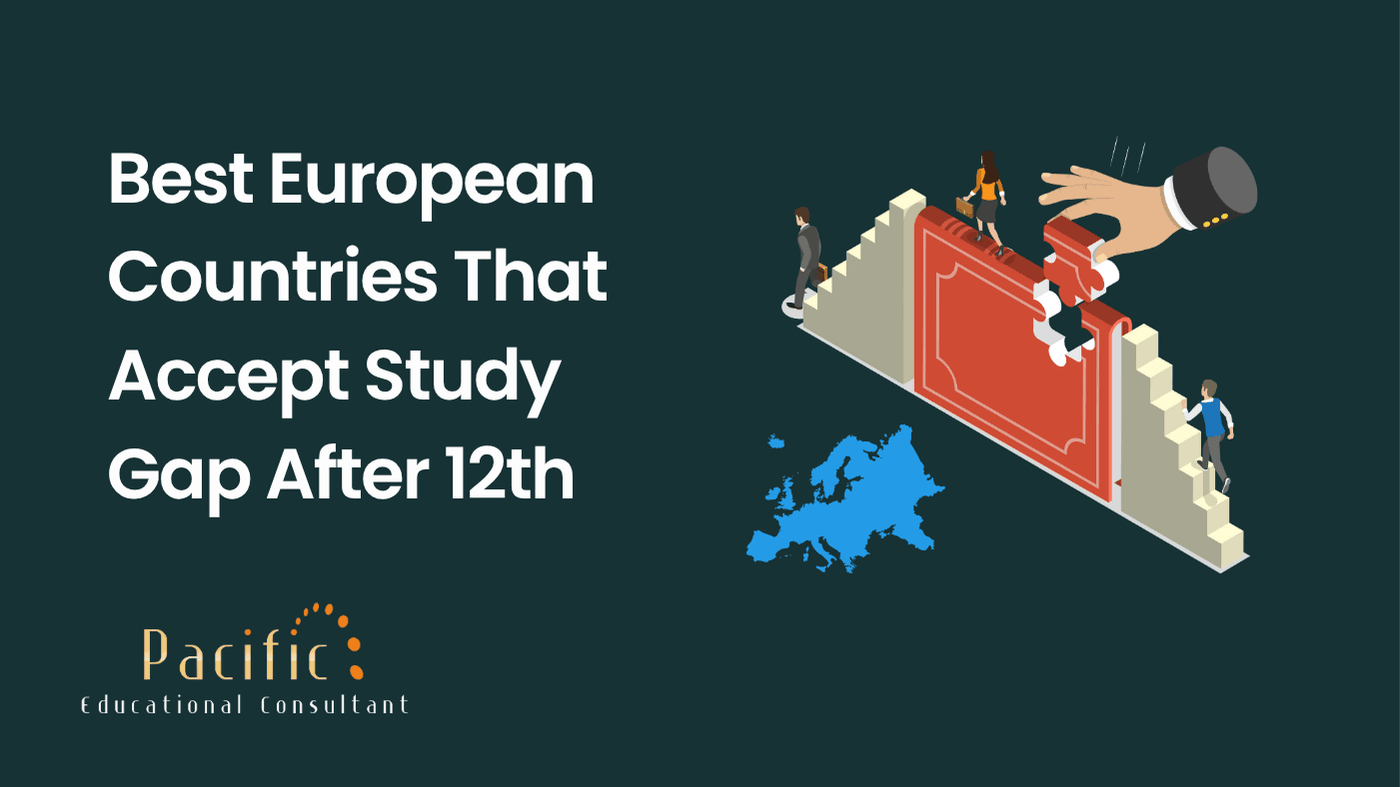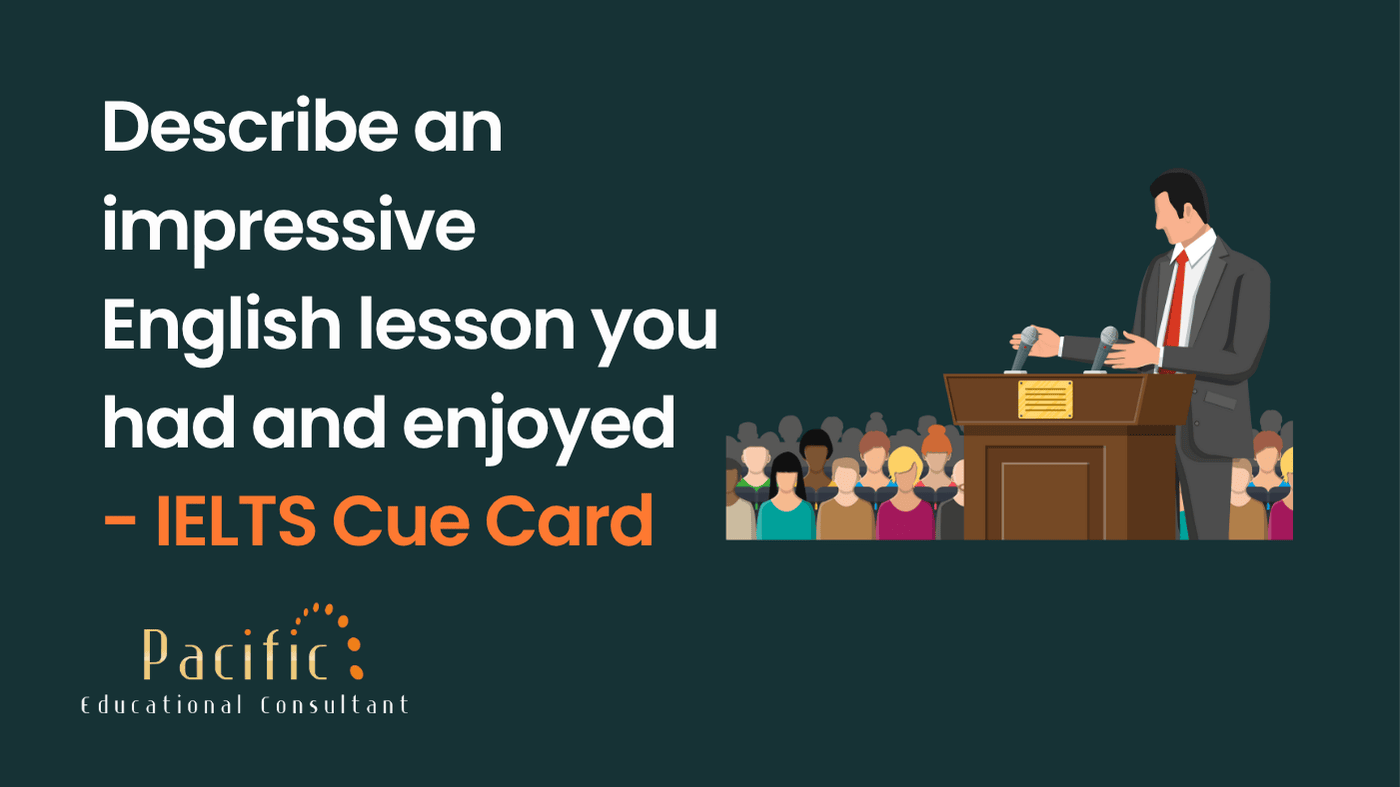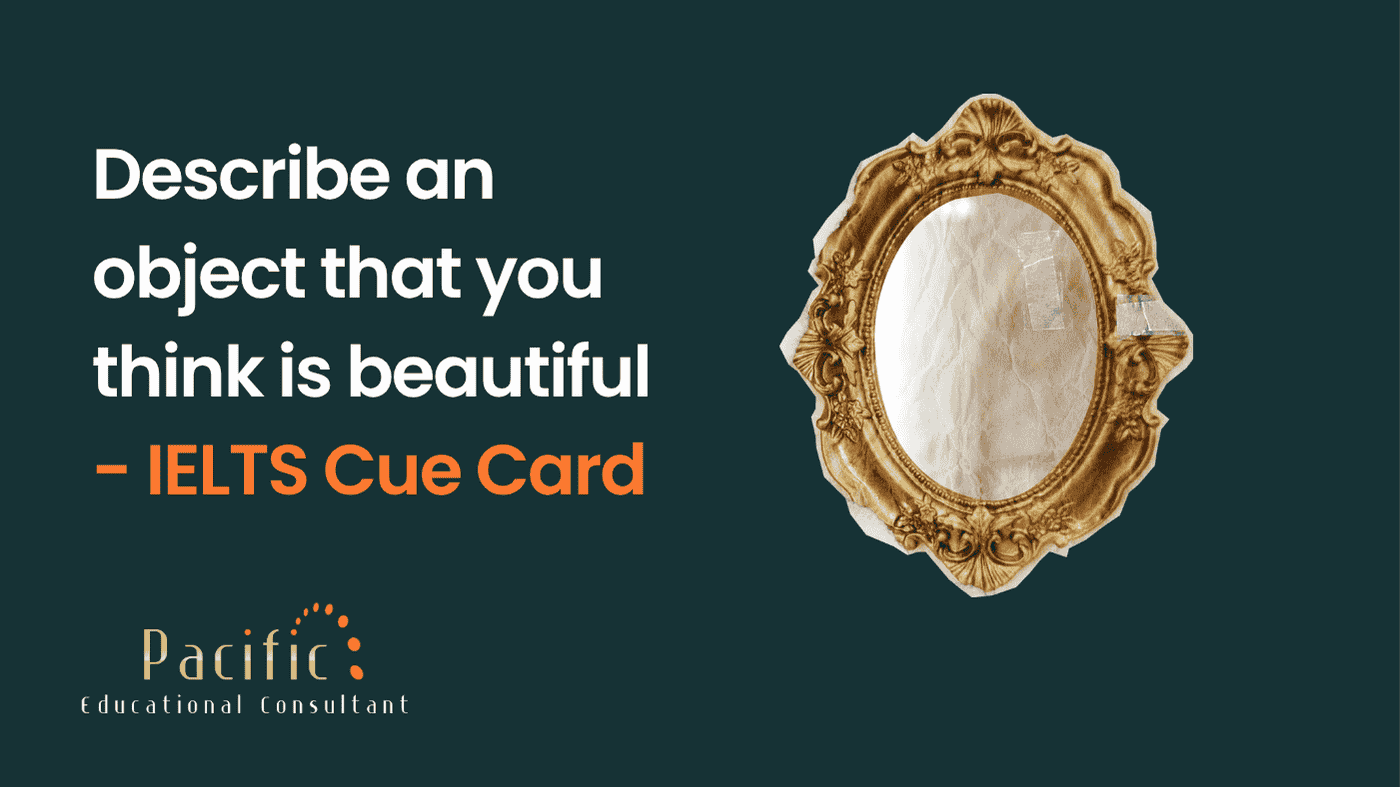If you have a gap in your education and want to study abroad, you can connect with Pacific Educational Consultants for expert guidance.



Many European countries accept study gaps after the 12th grade if you justify them properly. Countries such as Germany, the UK, France, the Netherlands, and Ireland accept academic gaps with valid reasons like work experience, skill development, or health issues.
Here are the top European destinations that accept education gaps after high school:
| Country | Accepted Gap Duration | Requirements | Example Proofs |
| Germany | Up to 2–3 years | Valid reasons, skill certificates | Work records, internships |
| United Kingdom | Up to 5 years | Strong Statement of Purpose (SOP) | Job experience, volunteer work |
| France | Up to 3 years | Academic or personal justification | Language course proof |
| Ireland | Up to 2 years | Documented reason | Medical or personal documents |
| Netherlands | 1–2 years | Productive gap explanation | Skill enhancement evidence |
These countries focus more on what you did during the gap than on the gap itself.
Yes. European universities value experience and skill-based learning. If your gap period includes internships, online courses, volunteering, or professional training, it strengthens your application.
Medical or personal issues
Family responsibilities
Skill-based training or certification courses
Internships or employment
Entrepreneurial projects
Universities appreciate productivity and clarity in explaining your gap year.
Germany and the UK are most flexible with academic gaps.
Germany allows up to 3 years, especially if you completed vocational or language courses.
The UK accepts longer gaps when supported by strong documentation.
Tip: Always provide a SOP (Statement of Purpose) that explains your learning or experience during the gap.
To study in Europe after a gap, universities often ask for:
Experience letters from previous jobs or internships
Certificates from skill or language courses
Medical documents (if applicable)
SOP and recommendation letters
Proper documentation ensures transparency and boosts your admission chances.
Most European universities accept a 1–3 year gap.
Some may accept more if you provide valid evidence of learning or employment.
Gap acceptance varies by country, university, and course type.
European universities offer flexible undergraduate programs even for students with a gap. Popular options include:
Business Administration
Computer Science
Engineering
Tourism and Hospitality
Arts and Design
Healthcare and Nursing
Choosing a course related to your past activities during the gap helps your profile appear consistent.
Yes. You can study undergraduate programs in Europe after completing the 12th grade. Countries like Germany, France, and the Netherlands offer affordable or even tuition-free options for international students.
Yes. Most European countries accept study gaps if you provide valid reasons and proof of productivity such as work experience or certifications.
Yes. Germany accepts up to 2–3 years of study gap after the 12th, provided you justify it with professional experience, internships, or language learning courses.

Describe a skill that you can teach other people - IELTS Cue Card

Describe a person who inspired you to do something interesting - IELTS Cue Card

Describe an impressive English lesson you had and enjoyed - IELTS Cue Card

Best European Countries That Accept Study Gap After 12th

Describe a friend from your childhood - IELTS Cue Card

Describe an advertisement which introduced a product you have seen - IELTS Cue Card

Describe something you had to share with others - IELTS Cue Card

Describe an object that you think is beautiful - IELTS Cue Card

Describe a photo you took that you are proud of - IELTS Cue Card

Describe a time when you made a plan to do an activity with a lot of people - IELTS Cue Card